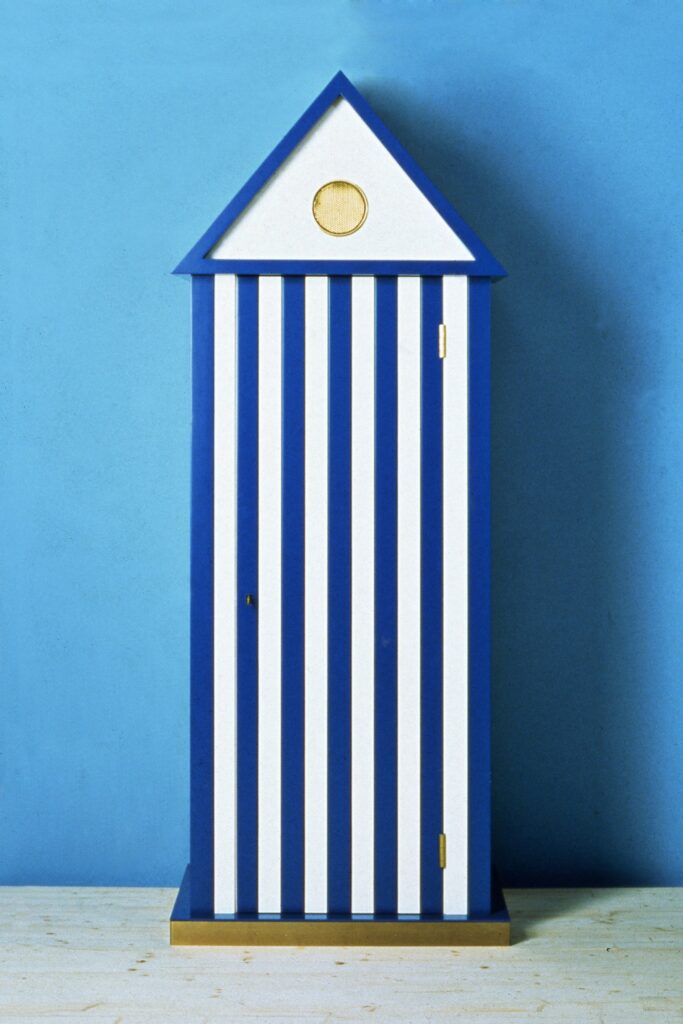The exhibition takes a close look at an architect, designer, theorist and critic, who is one of the leading figures of 20th century visual culture.
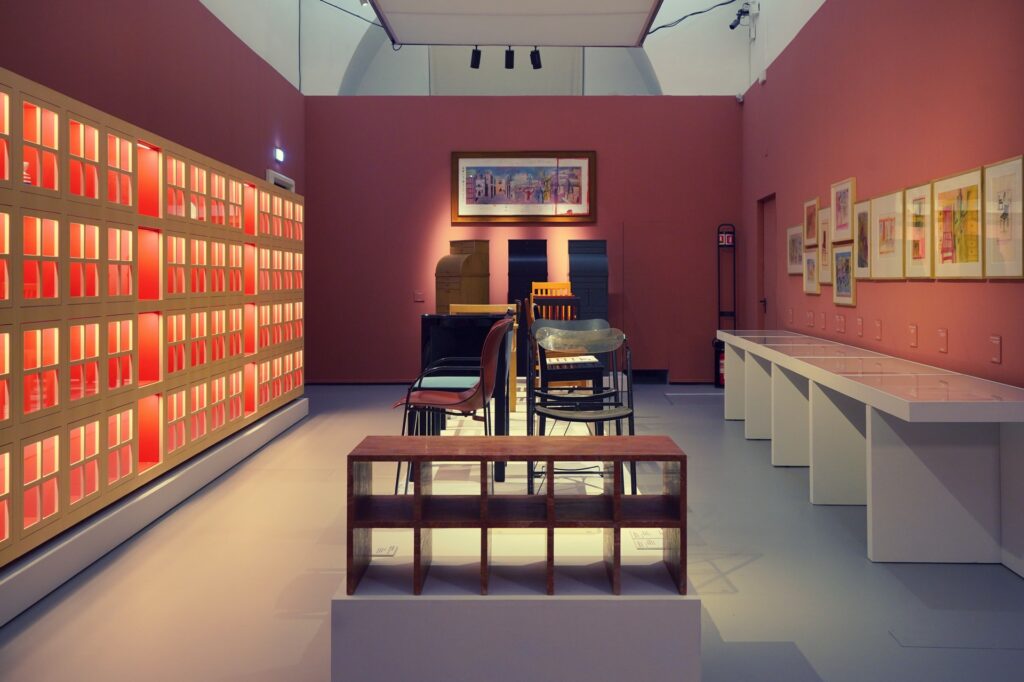
The Museo del Novecento presents « Aldo Rossi. Design 1960-1997 » curated by Chiara Spangaro in partnership with Fondazione Aldo Rossi and Silvana Editoriale from April 29 April to October 2. This exhibition is part of Museo del Novecento’s ongoing project of interdisciplinary dialogue between the arts that is such as distinctive feature of modern-day life. For the first time ever, more than 350 pieces of furniture and ordinary objects, prototypes and models, paintings, drawings and studies designed and manufactured by Aldo Rossi from 1960 to 1997 are on display in a spectacular exhibition, a visual testimony to his work as a architectural designer and theorist.
Practical info
« Aldo Rossi. Design 1960-1997 »
April 29 – October 2, 2022
Museo del Novecento
Piazza del Duomo, 8, Milano
Italy
Right throughout his entire career from the very first pieces of furniture made in 1960 with the architect Leonardo Ferrari, Rossi investigated the relationship between architecture and the cityscape, monumental constructs and objects. In 1979 he started to embrace the realm of industrial production and high craftsmanship, creating furniture and consumer products first with Alessi and then with Artemide, DesignTex, Bruno Longoni Atelier d’arredamento, Molteni&C|UniFor, Richard-Ginori, Rosenthal and Up&Up (now UpGroup).
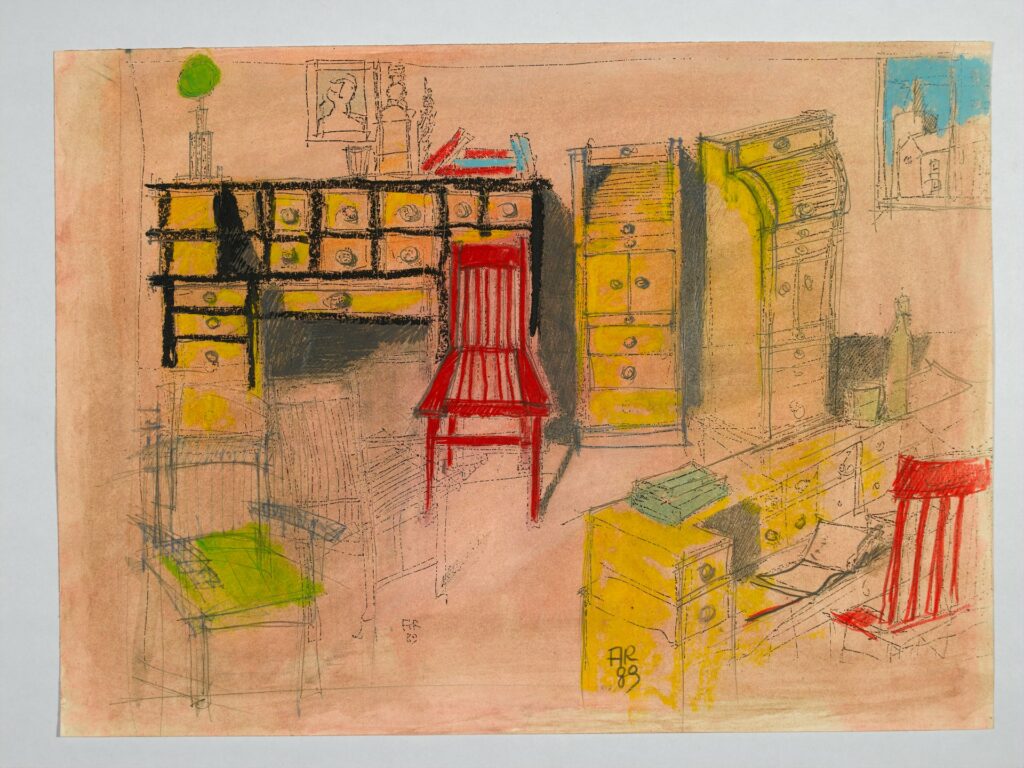
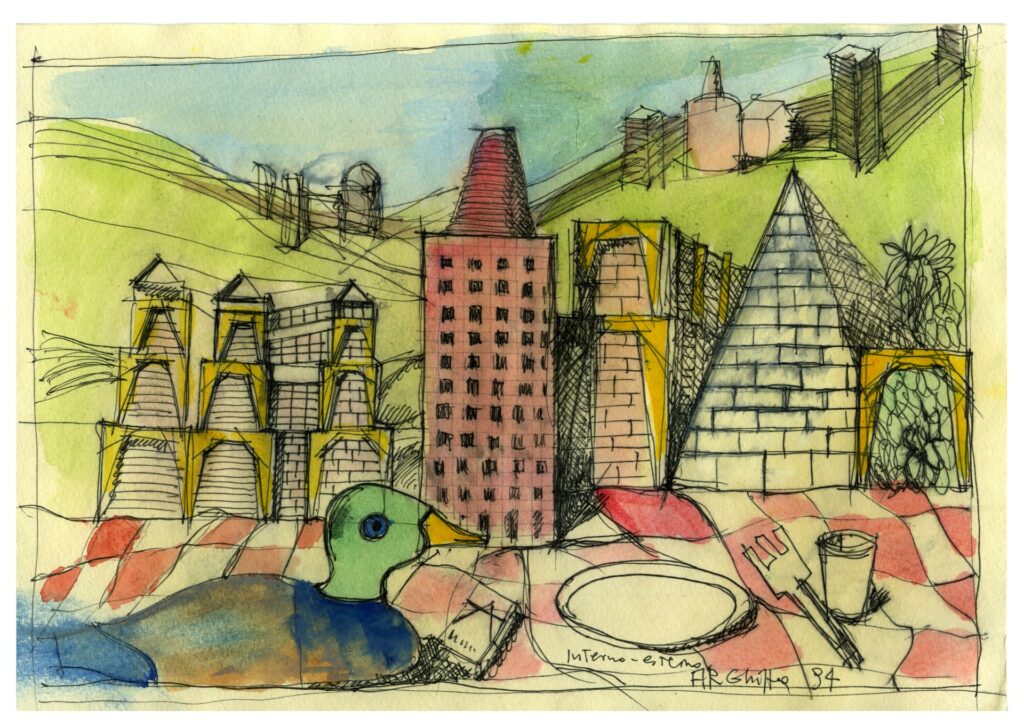
Over almost twenty years’ work, he created more than 70 pieces of furniture and objects, many of which are still in production today, experimenting with forms and colours in the realms of metal and wood, marble and stone, ceramics and porcelain, craft and industrial textiles and even plastic materials.
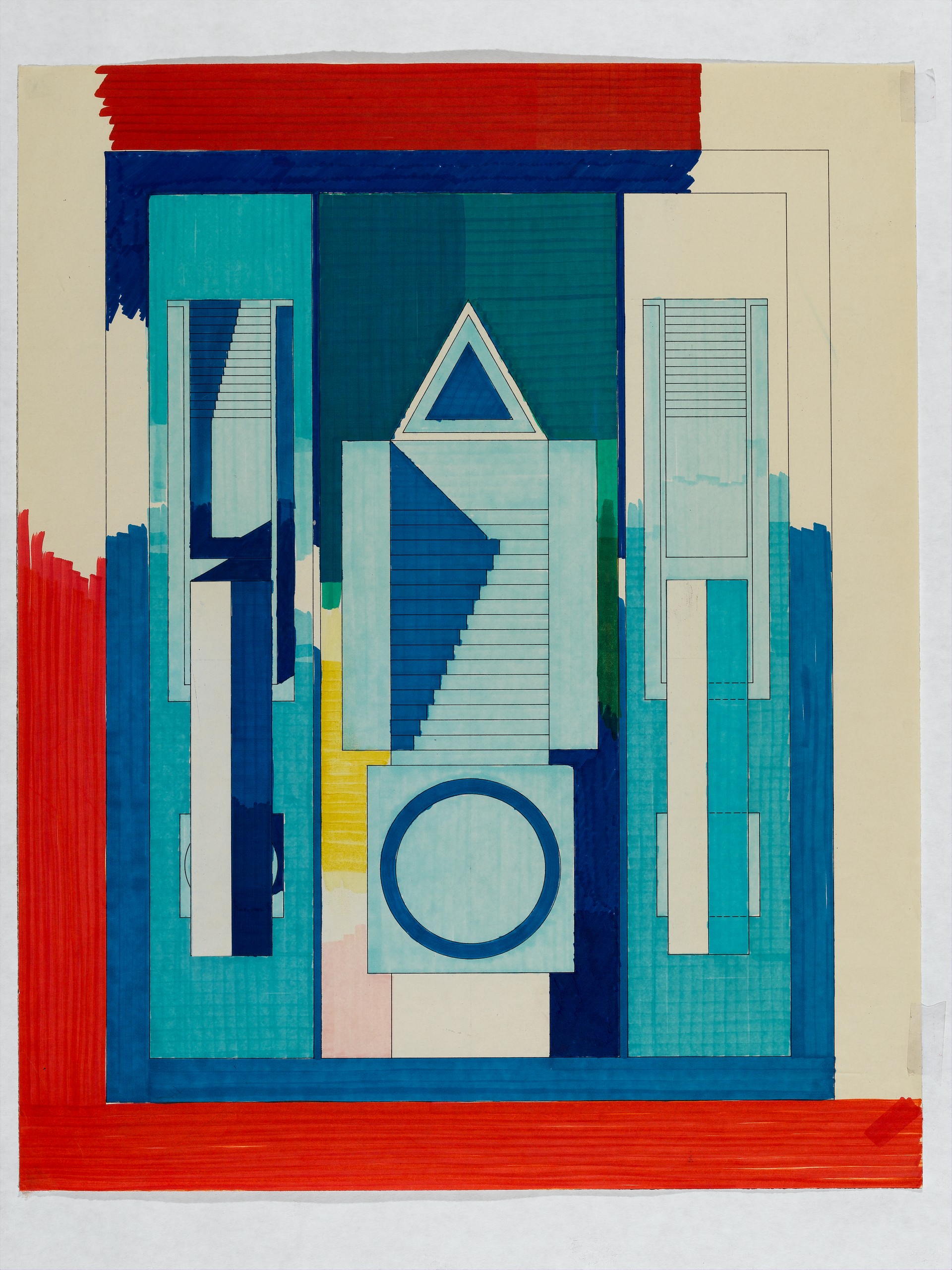
The exhibition, whose layout was designed by Morris Adjmi – MA Architects, an assistant and later an associate of Rossi’s in New York, narrates Aldo Rossi’s universe in nine rooms: each room represents a realm in which a certain relationship between graphic designs and craft/industrial products emerges with references to Rossi’s architecture and private space.
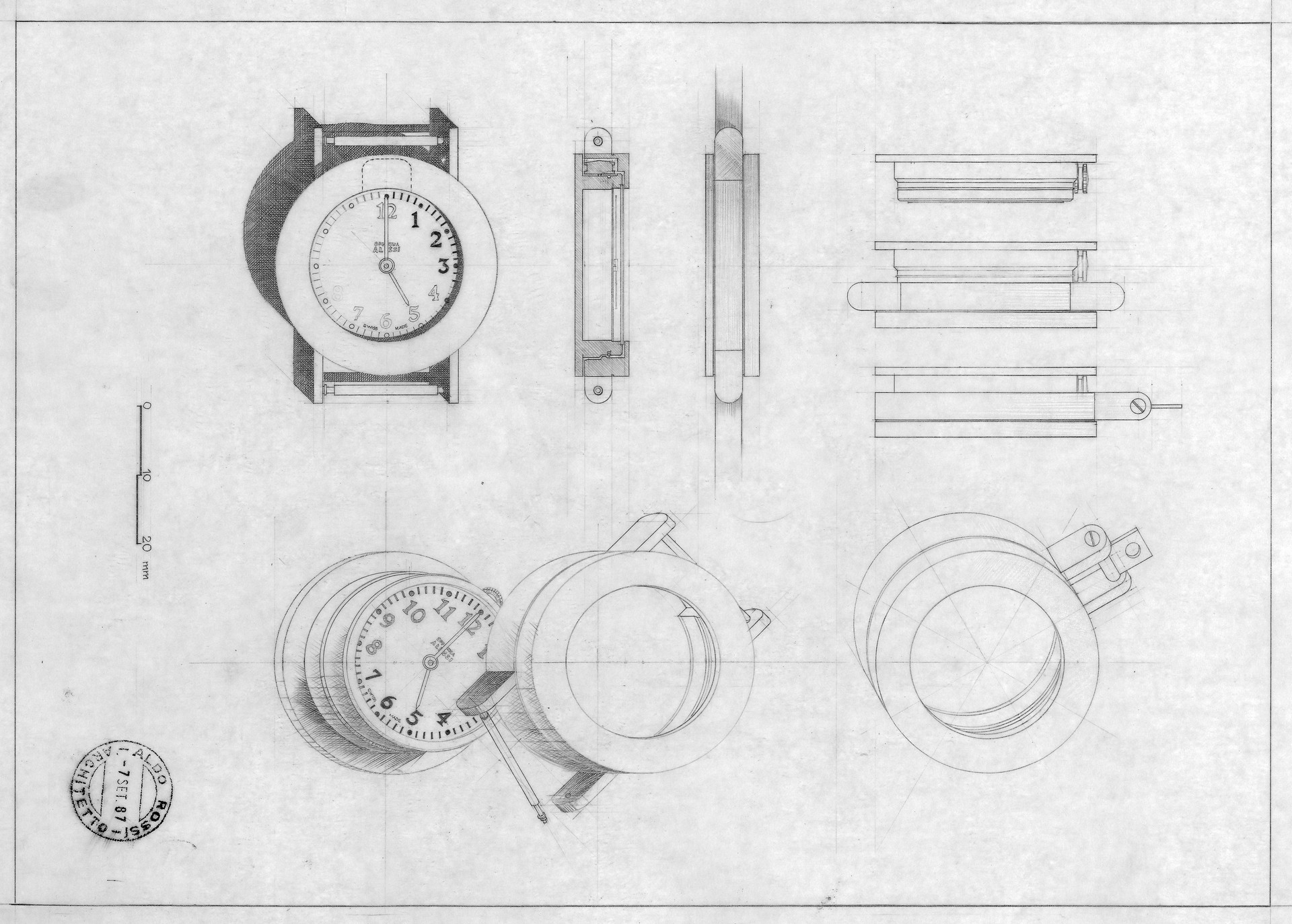
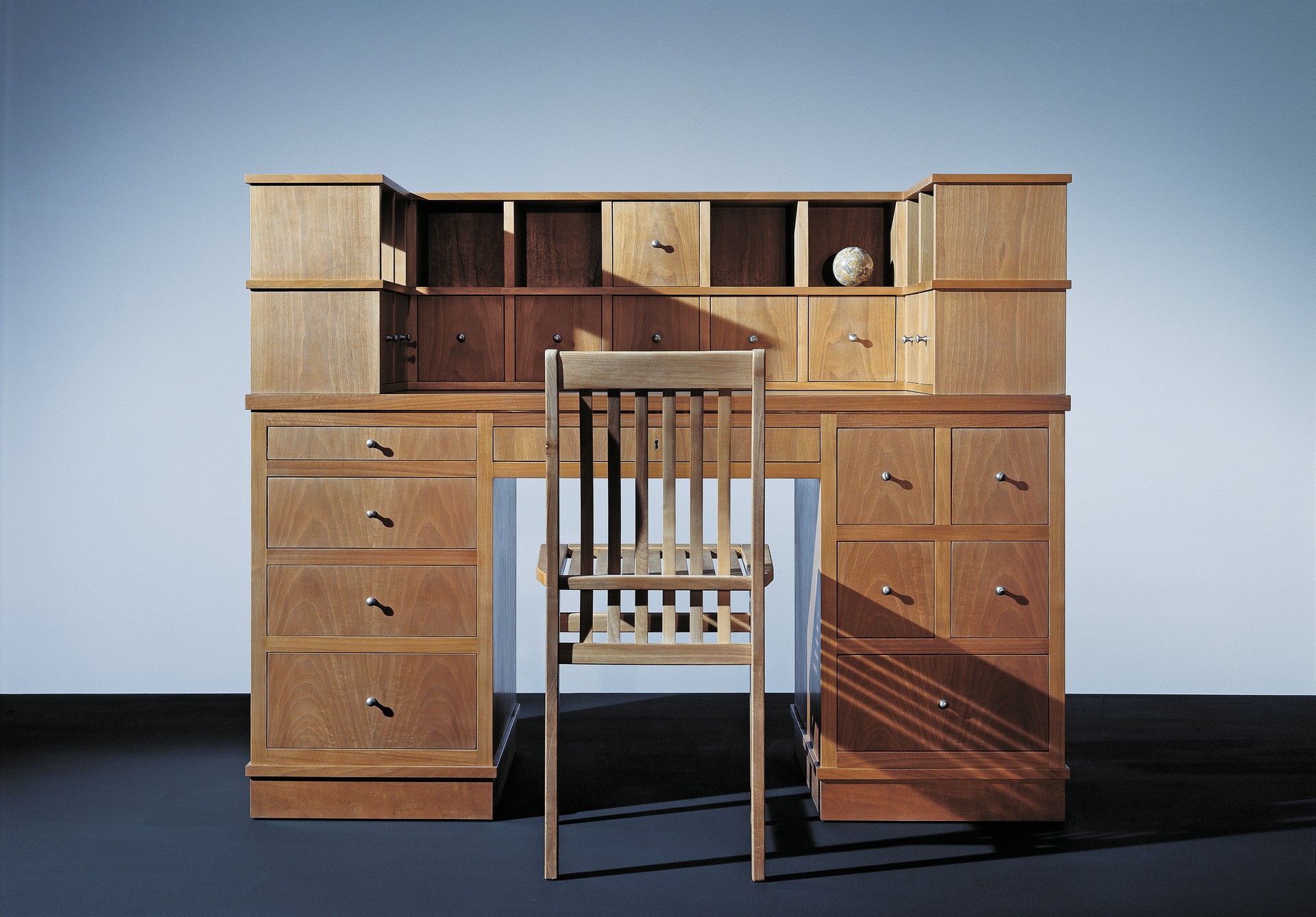
The extraordinary ensemble of works on show is brought together for the first time thanks to dialogue and cooperation with: museums and company archives (Museo Alessi; Molteni Museum; Bruno Longoni Atelier d’arredamento and Up Group archives); Italian and international museum collections (Bonnefanten Museum, Maastricht; Georges Pompidou Centre, Paris; Fondazione Museo Archivio Richard-Ginori della Manifattura di Doccia, Florence; MAXXI – Museum of XXI century arts, Rome; Università Iuav university in Venice; Triennale in Milan) and various private collections.
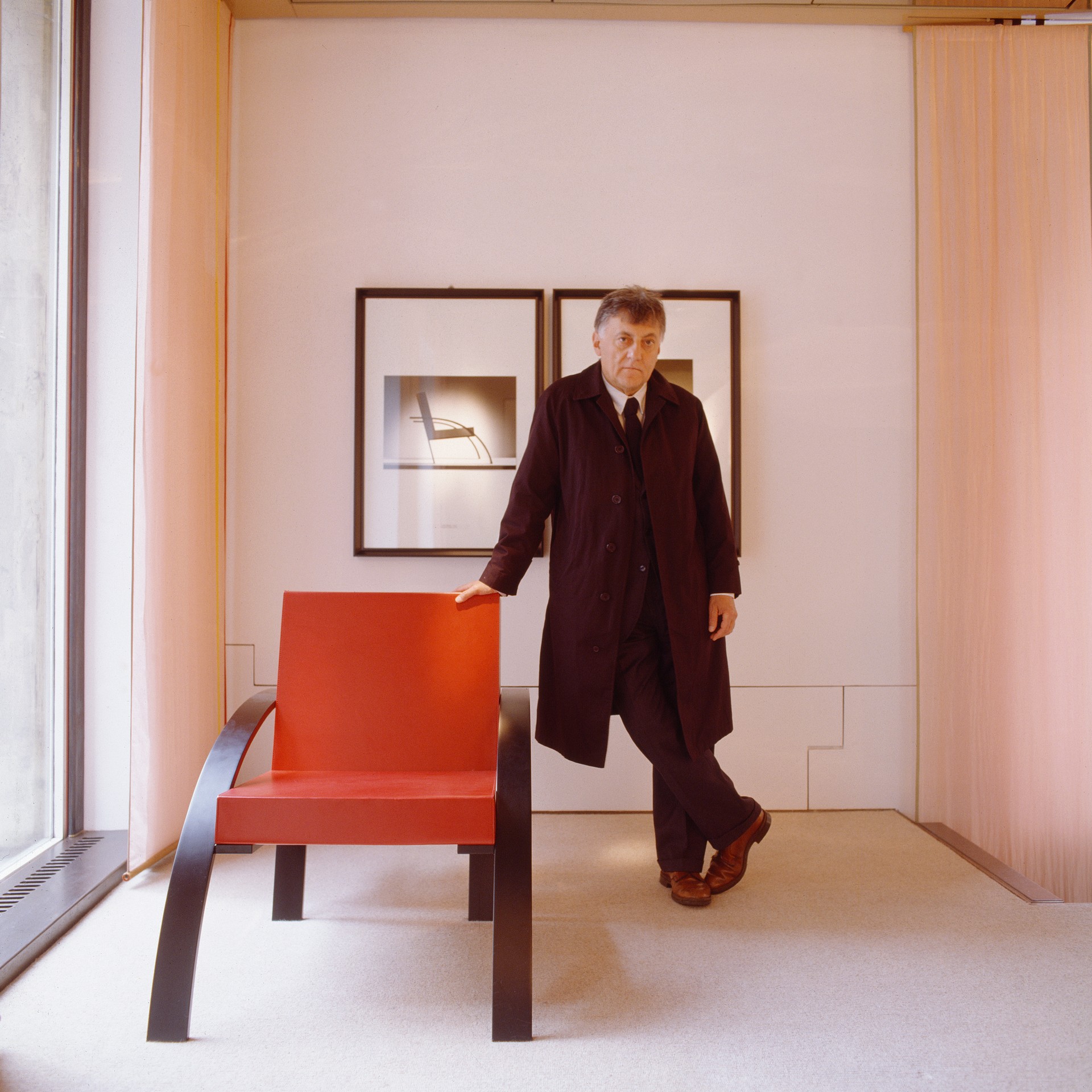
During the opening period, the exhibition will be supported by a programme of side events.
A catalogue raisonné entitled Aldo Rossi. Design 1960-1997, published by Silvana Editoriale, edited by Chiara Spangaro and with a critical essay by Domitilla Dardi, will be brought out in conjunction with the exhibition. This is the first publication to bring together all of Rossi’s designs: prototypes, finished objects, previously unseen works and out-of-print works by the Milanese architect-designer who won the Pritzker Prize in 1990.
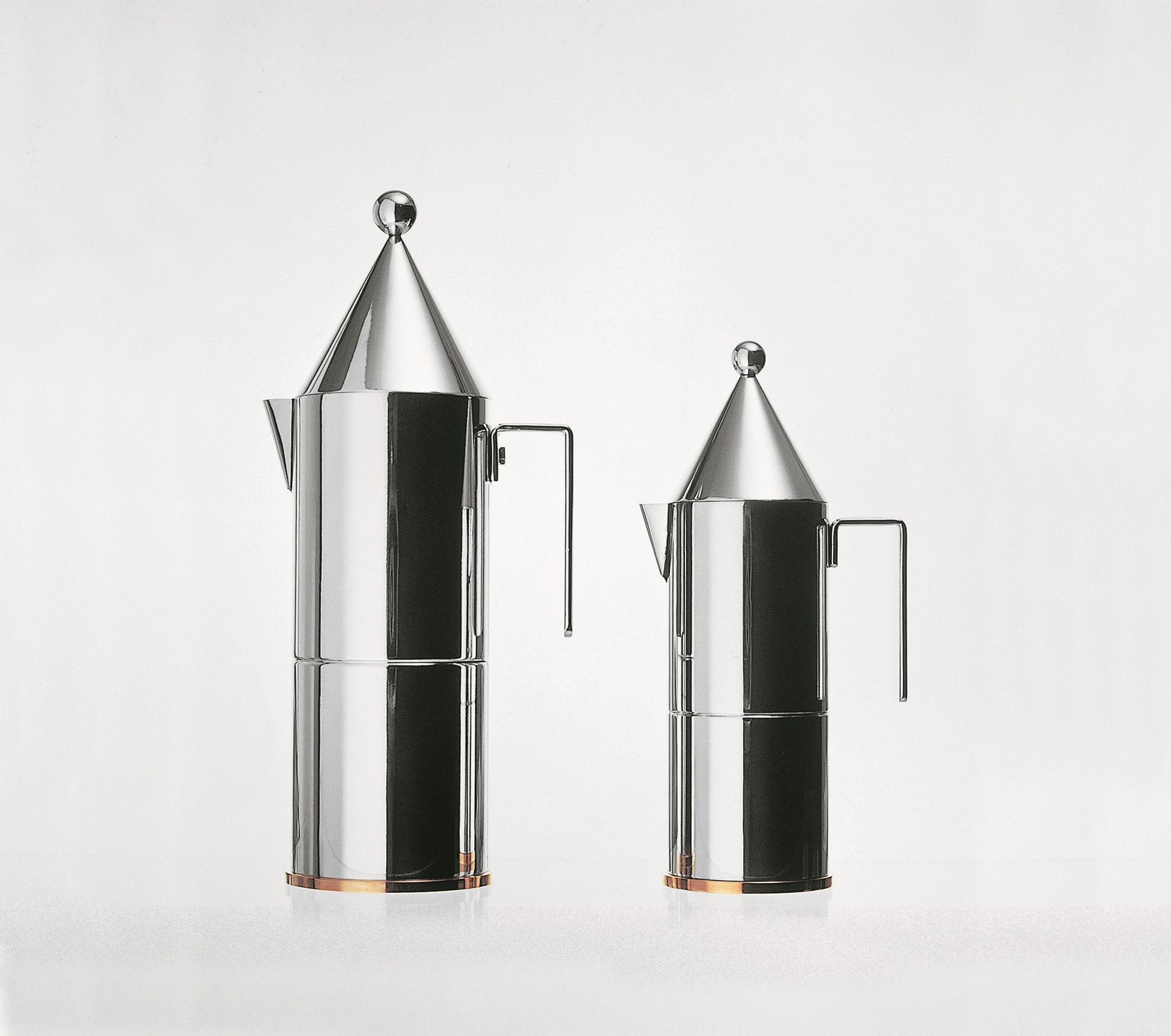
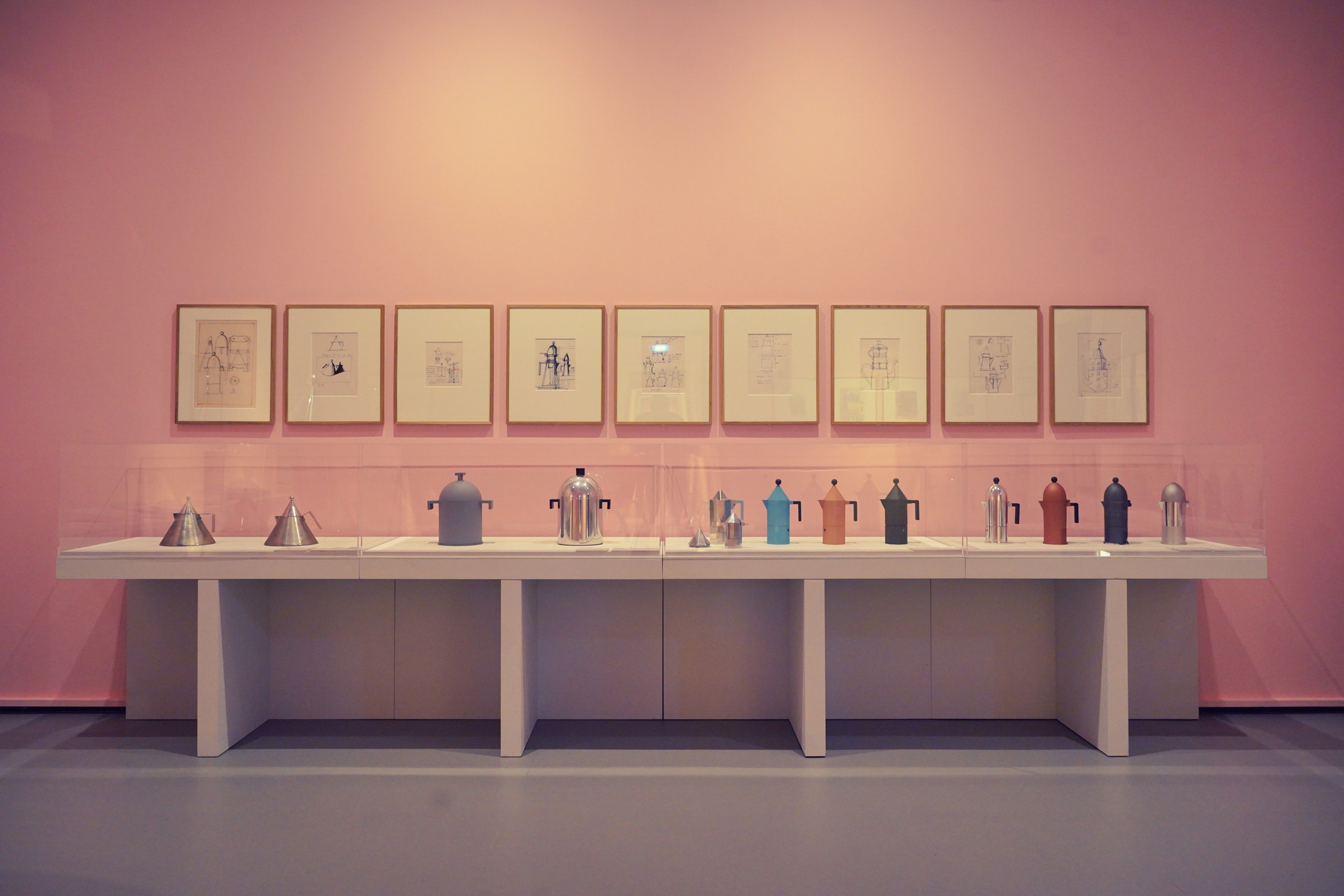
Aldo Rossi. Design 1960-1997 is a project organised by Museo del Novecento, Fondazione Aldo Rossi and Silvana Editoriale, supported by the Main Sponsors Molteni&C|UniFor, Alessi and Bruno Longoni Atelier d’Arredamento, the sponsor G.T.DESIGN, and the technical sponsorship of Pollice Illuminazione and Up Group.
Aldo Rossi (1931-1997) was initially educated and trained at Milan Polytechnic in the 1950s. An assistant at the studios run by Ignazio Gardella and Marco Zanuso, he taught with Ludovico Quaroni at the Scuola Urbanistica di Arezzo and with Carlo Aymonino at IUAV in Venice. A lecturer at Milan Polytechnic in 1959, he was awarded a chair in Building Engineering in 1970, when he also began working with several American universities, including Cooper Union University, the Institute for Architecture and Urban Studies, Harvard and Yale University.
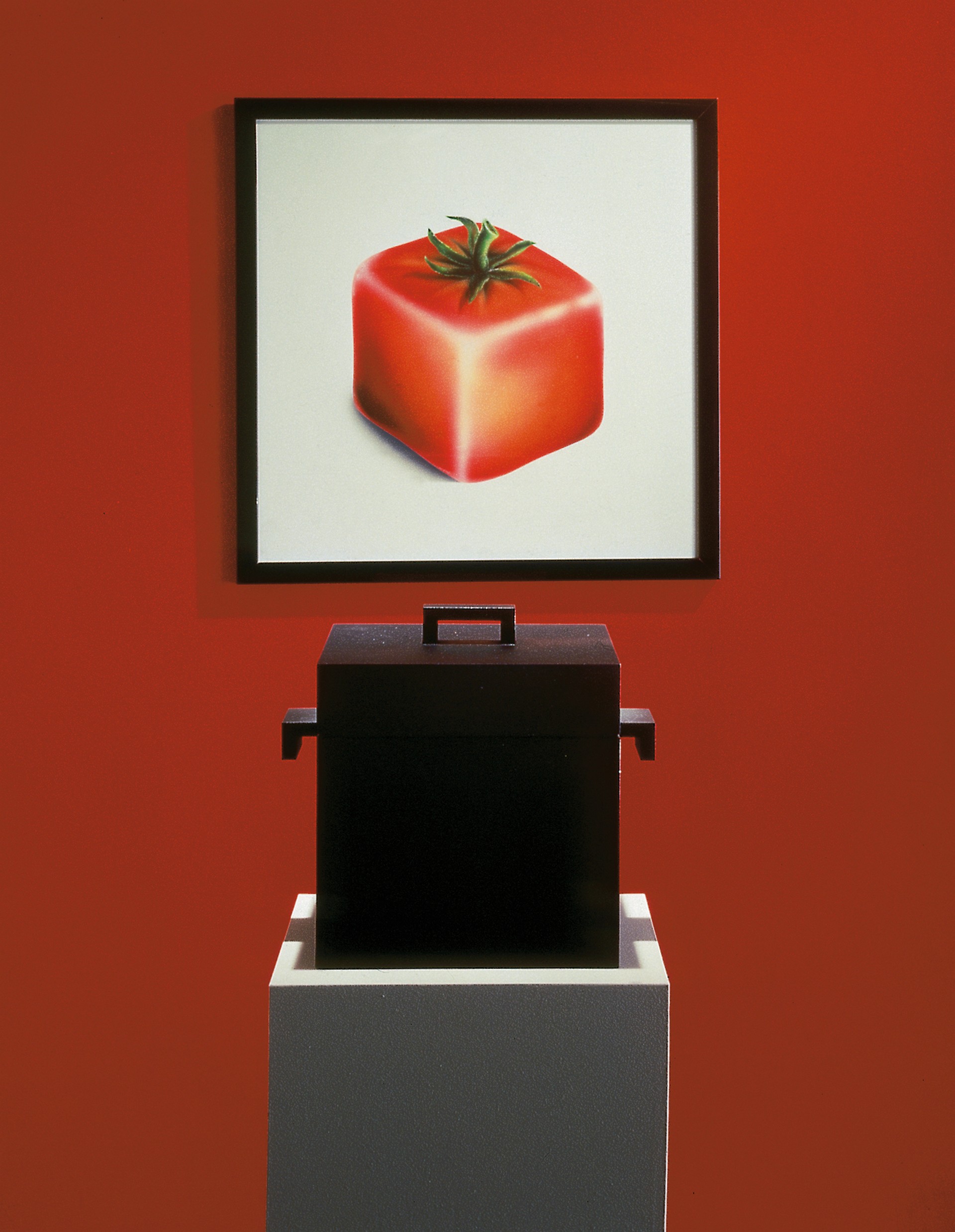
His design work encompasses both private and public buildings. His earliest projects include: the extension to De Amicis School in Broni (1970), a residential unit in the Gallaratese district of Milan (1973), San Cataldo Cemetery in Modena (1978) and Fagnano Olona primary school (1976). He then went on to complete: public buildings in Fontivegge-Perugia and Borgoricco (1989); the renovation of Carlo Felice Theatre in Genoa (1989); the extension to Milan-Linate Airport (1993); and a project for the reconstruction of La Fenice Theatre in Venice. At the same time, his fame spread beyond national borders thanks to projects like the building block between Kochstrasse and Friedrichstrasse in Berlin (1981), « Il Palazzo » Hotel in Fukuoka (1989) and Bonnefanten Museum in Maastricht (1994).
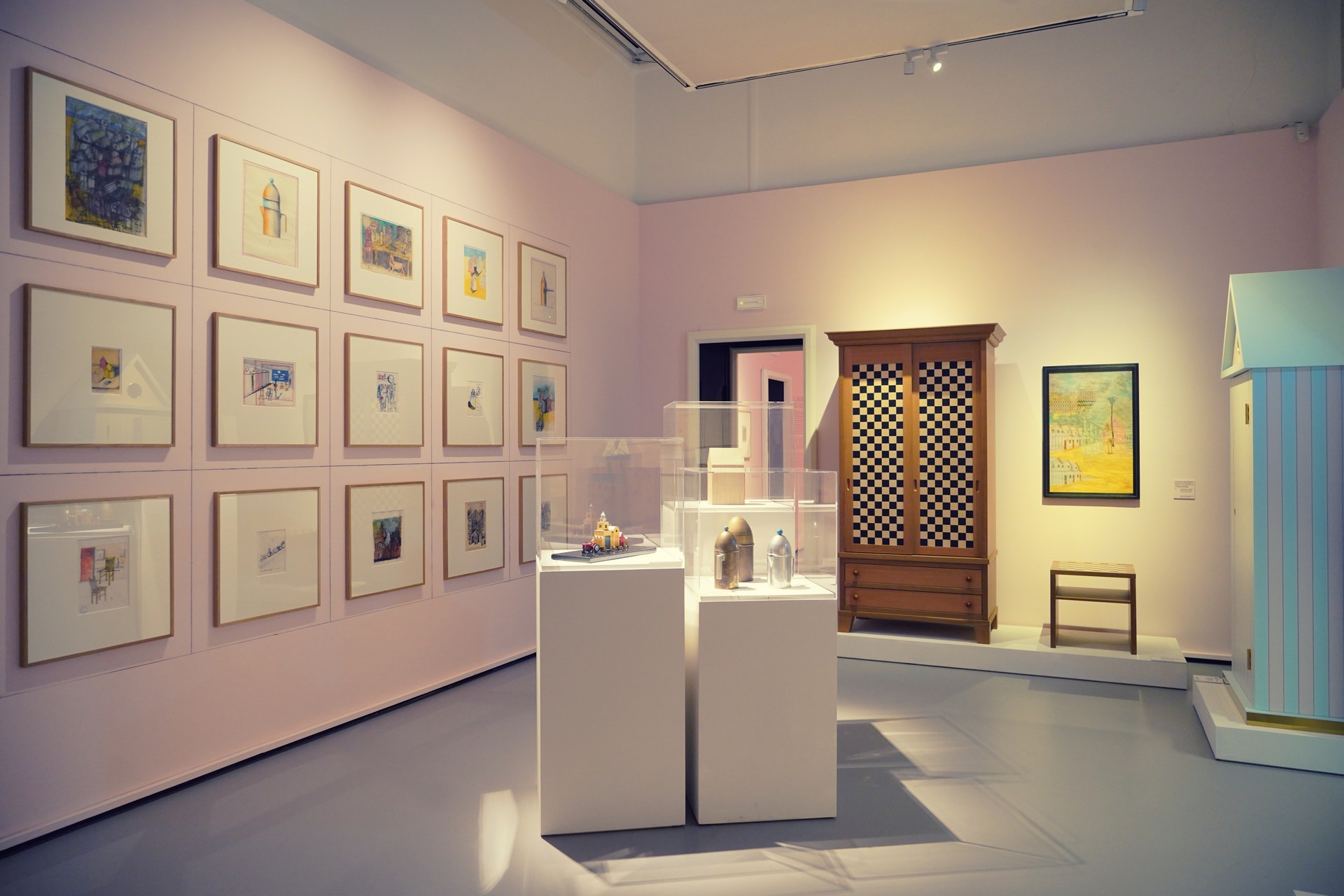
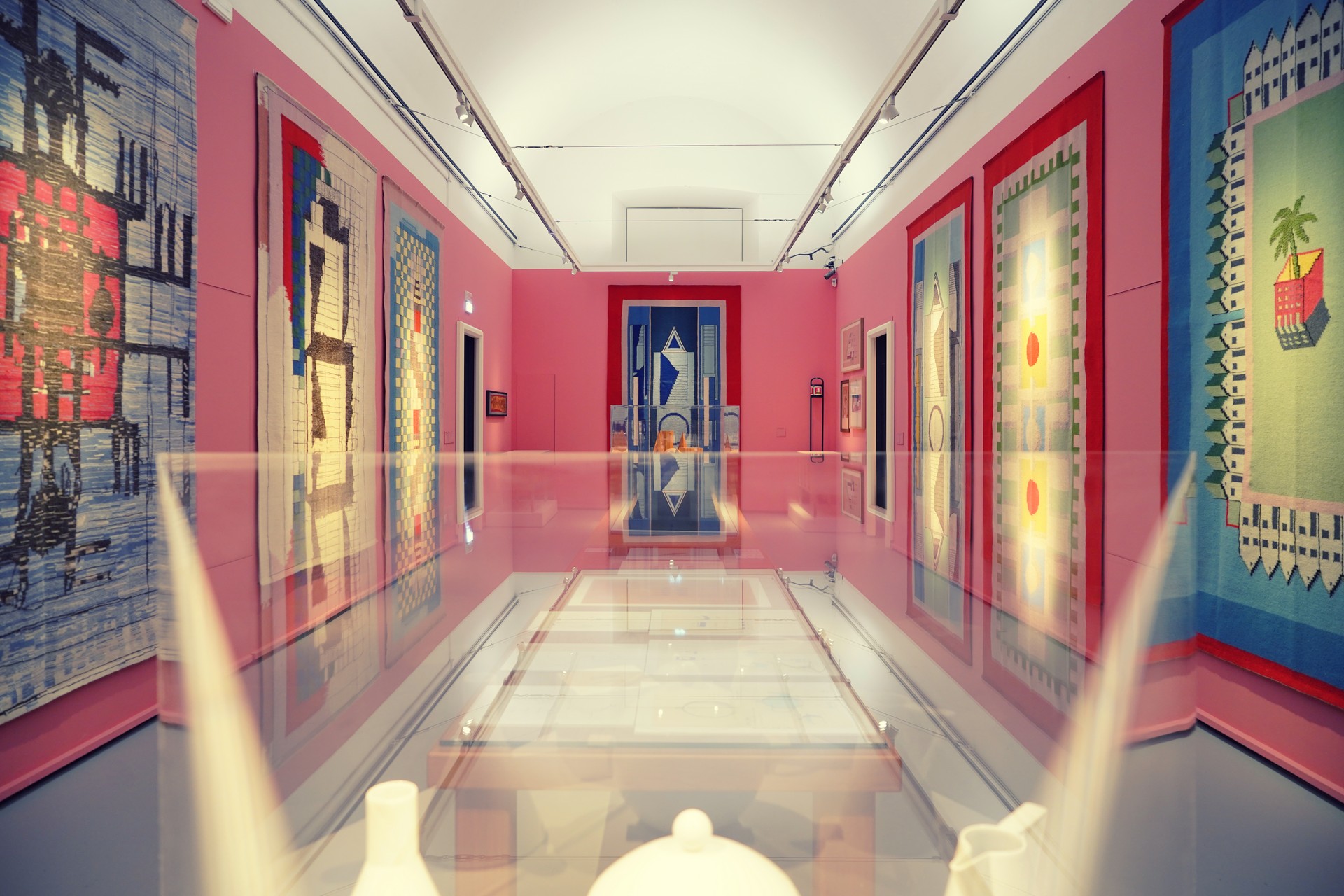
In addition to working with magazines like Casabella Continuità, Società and Il Contemporaneo, Aldo Rossi’s work as a historian and theorist of architecture also encompasses the publication of L’architettura della città (1966) and Autobiografia scientifica (1984) and a film entitled Ornamento e delitto (with Gianni Braghieri and Franco Raggi) shot as part of his directorship of the international architecture section of Milan Triennale (1973) and the architecture section of the 1983 Venice Biennial.
An architect and scholar appointed Academician of San Luca in 1979, awarded the 1990 Pritzker Prize and the 1991 Thomas Jefferson Medal for Architecture, Aldo Rossi is also renowned as a designer and artist for works like Teatro del Mondo (Theatre of the World) presented at the 1979 Venice Biennial, the Monument to Sandro Pertini (Milan, 1990), and numerous paintings and graphics that were also connected with his design work.
